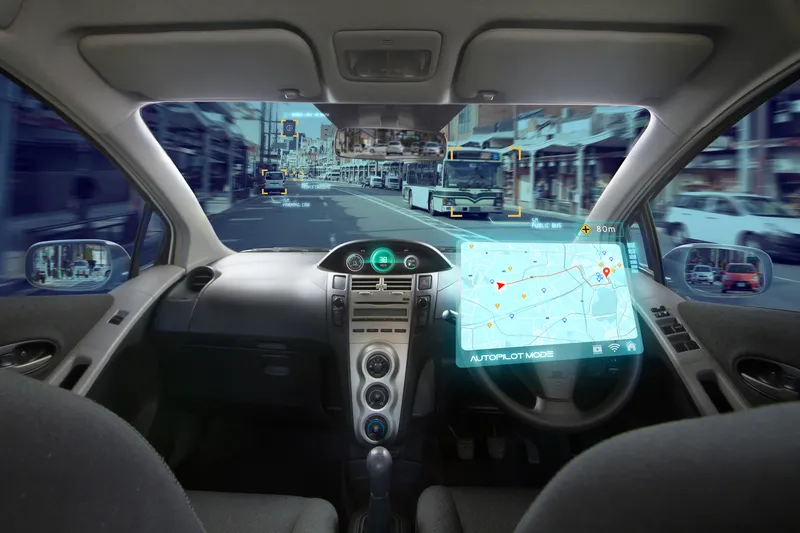Life-saving vehicle technology such as emergency braking should be made mandatory for new cars, according to an own-initiative report from the European Parliament's Transport Committee. With the report, MEPs have made a statement in support of road safety and FIA Region I (FRI) has welcomed the decision and has urged the European Commission to legislate the installation of the technology into cars.
October 16, 2017
Read time: 2 mins
Life-saving vehicle technology such as emergency braking should be made mandatory for new cars, according to an own-initiative report from the European Parliament's Transport Committee. With the report, MEPs have made a statement in support of road safety and 8054 FIA Region I (FRI) has welcomed the decision and has urged the European Commission to legislate the installation of the technology into cars.
In addition, MEPs have called for drivers to be properly trained on how to use the safety technology and for financial incentives to encourage the uptake of the technologies and for training purposes.
FRI director general, Laurianne Krid, said: “MEPs showcased strong commitment to effective deployment of advanced vehicle safety systems. It is not just about making technologies like autonomous emergency breaking mandatory. Drivers need to understand how these features work for a positive outcome. FIA Region I now urges the European Commission to take swift action on this report and begin work on new legislation that would bring these life-saving technologies to Europe’s citizens.”









